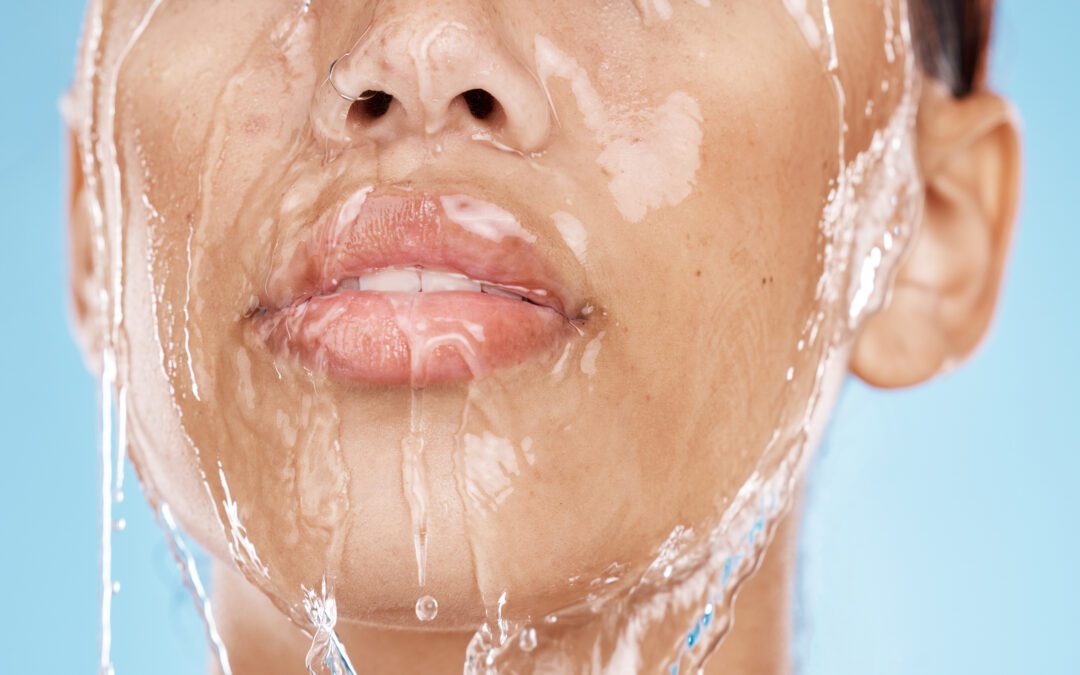Hard water affects millions of households worldwide. It contains high levels of dissolved minerals, which can cause a range of problems. See below for soft water solutions.
What Is Hard Water?
Water becomes hard when it picks up minerals, particularly calcium and magnesium, as it percolates through limestone and chalk deposits. These minerals can cause:
- Scale Buildup: The minerals precipitate out of the water and form scale deposits inside pipes, water heaters, and appliances.
- Soap Scum: Hard water reacts with soap to form a sticky residue, making cleaning less effective.
- Skin and Hair Issues: The minerals can strip away natural oils, leading to dry skin and hair.
- Stains and Spots: Hard water leaves behind mineral stains on dishes, glassware, and surfaces.
What Are Water Softeners?
Water softeners are devices that rely on ion exchange to remove calcium, magnesium, and other minerals from hard water, transforming it into soft water.
Water softeners typically consist of three main components: a mineral tank, a brine tank, and a control valve.
The mineral tank is filled with resin beads that carry a negative charge. As hard water passes through the tank, the positively charged calcium and magnesium ions are attracted to and held by the resin beads.
The brink tank holds a solution of salt (sodium or potassium chloride). Periodically, the control valve will initiate a regeneration cycle where the brine solution is flushed through the mineral tank. The sodium or potassium ions in the brine solution replace the calcium and magnesium ions on the resin beads, effectively recharging the resin.
The control valve regulates the flow of water through the mineral tank and manages the regeneration process. It ensures that softened water is available on demand and initiates regeneration based on a pre-set schedule or water usage.
Benefits of Using a Water Softener
Here’s how installing a water softener can improve your daily life:
Healthier Skin and Hair
Hard water can leave your skin feeling dry and itchy, and your hair can become dull and brittle due to the buildup of minerals. Softened water is gentler on your skin and hair, helping to maintain natural oils and moisture.
Extended Lifespan of Appliances
The minerals in hard water can build up in washing machines, dishwashers, and water heaters, leading to inefficiency. Water softeners not only save you money on repairs and replacements but also on energy bills.
Improved Cleaning Efficiency
If you’ve ever noticed spots on your glasses or a filmy residue on your shower doors, hard water is likely the culprit. Softened water mixes more effectively with soaps and detergents, meaning your cleaning products can work to their full potential. This results in cleaner dishes, brighter laundry, and spotless surfaces. Additionally, you’ll use less soap and detergent, which is not only cost-effective but also better for the environment.
Reduced Plumbing Issues
The minerals in hard water can cause buildup in your pipes, leading to clogs and reduced water flow. Over time, this can result in significant plumbing issues and costly repairs. Water softeners help to prevent this buildup, keeping your pipes clear and your water flowing smoothly.
Better Taste and Odor
Softened water can improve the taste and smell of your water, making it more enjoyable to drink and use for cooking.
Our team at Hague Quality Water can help you improve the quality of the water in your home in Ramona, California. Call us today to buy a water softener or to schedule an installation.

